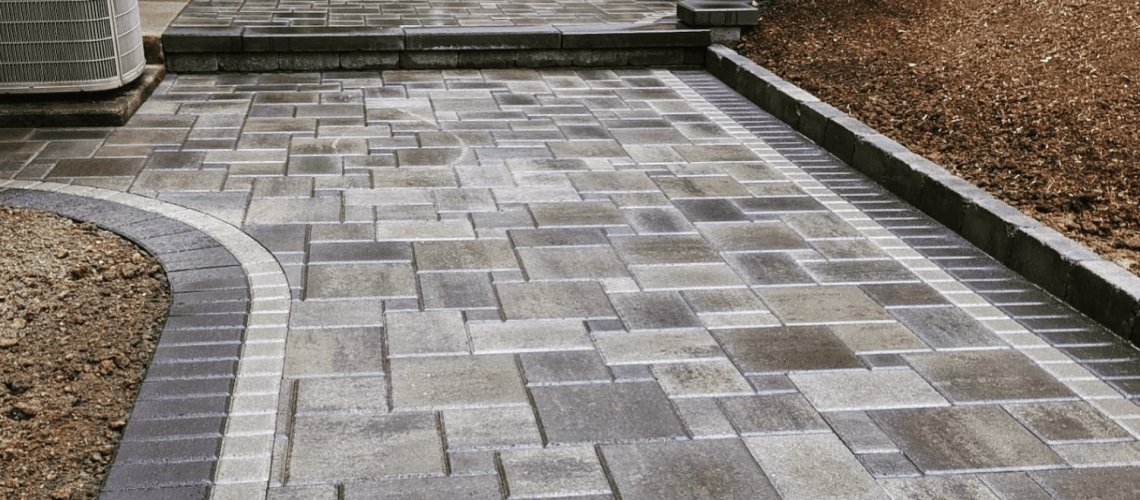Living in Willamette Valley enables you to enjoy outdoor living throughout the year, which is why brick pavers are one of the most important assets of the entire home. However, maintaining their beauty is an ongoing task that you cannot ignore.
Given that cleanliness is one of the key attributes, asking “does pressure washing damage brick pavers?” will be at the top of your agenda.
Here’s what you need to know about power washing pavers.
Is pressure cleaning concrete pavers a good idea?
If you’ve researched the concept of power washing pavers, you’ll already know that you should not use pressure washing to treat concrete pavers unless you are very confident about what you are doing. This is because a jet style can damage the surface while a fan tip won’t clean the matter.
But does pressure washing damage bricks?
On the one hand, brick is a very resilient material that is unlikely to encounter surface damage like concrete might unless you stand too close. So, it is possible to pressure wash pavers made from brick while using a powerful setting.
Sadly, on the other hand, it is still possible to cause significant damage to brickwork. This includes pavers as well as brick walls and siding. Brick can encounter wear and tear over the years. If your pavers have cracks or holes, pressure cleaning them could spell disaster.
For starters, the power of the jet could cause bits of brick to break off. Moreover, the water can get into the cracks which cause damage to the mortar that holds the bricks together. Unfortunately, this can make the brick pavers look far less attractive and potentially lead to hazards – especially for young children.
Pressure-washing pavers can be a good way to save time and effort while simultaneously delivering a stunning visual outcome. However, you must take care to inspect the bricks for holes or damage first.
What if holes are found?
If you do spot holes in your brick pavers, you must patch them before pressure washing the pavers. In most cases, a silicone caulk or a sealant will do the job. Following this, you should give the pavers at least 48-72 hours to dry before you begin the power cleaning process.
As already mentioned, pressure washing pavers from a close distance may cause problems too. Ideally, you should stand at least 10 feet from the pavers to avoid the threat of damage. This is even more important if you’ve recently patched holes.
Alternatively, you could choose a professional paver repair and maintenance service to bring your brick pavers back to their former glory. This is also a great opportunity to discuss your planned power washing and maintenance schedule.
If you wish to avoid cleaning with a power washer, you can also use water and mild dish soap to clean your pavers while a handheld weed remover will take the appeal to new heights. Just be sure to re-sand the joint spaces once the pavers have dried.

